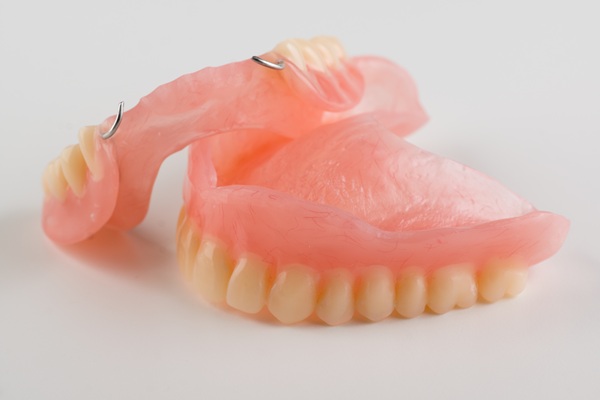General Dentist: Signs and Symptoms of Periodontal Disease

Visiting your general dentist regularly is important. Your dentist can detect warning signs of periodontal disease during a dental checkup. This chronic condition affects many people and can have serious consequences for your dental health. It is beneficial for you to know the signs you should watch for that may indicate you have some form of periodontal disease. If caught early, it can be reversed with a professional cleaning and by practicing good oral hygiene.
Signs and symptoms
Periodontal disease, or gum disease, is a bacterial infection that affects the bone and gum tissue. It also affects the attachment fibers that help to support and hold the teeth in place. Periodontal disease may start gradually with no pain or obvious symptoms. However, there are warning signs a person can still look out for that may point to gum disease. Read on to learn about warning signs of periodontal disease.
Bleeding gums
A common symptom of periodontal disease is bleeding when brushing and flossing. Without regular flossing and brushing, bacteria buildup will eventually start to irritate the gums, which makes them red, sensitive or swollen and vulnerable to bleeding. Bacterial toxins can attack the healthy tissue around the teeth and may destroy the fibers that help attach the gum tissue to the teeth. This is referred to as gingivitis and is usually the first stage of gum disease.
Gum recession
Gum recession refers to the loss of tissue from around the tooth which exposes the root. Advancing gum disease may make the teeth appear longer. This usually happens when gums that surround them are receding away. When the roots of teeth become exposed, the teeth are at risk of infection, decay and loss. Root surface exposure and receding gumline causes esthetic concerns and can lead to serious tooth sensitivity problems.
Tooth sensitivity
Tooth sensitivity, also known as dentin hypersensitivity, can be caused by a thin tooth enamel or exposed tooth roots. People can experience unpleasant sensations in their teeth when they consume cold or hot drinks or when teeth are exposed to cold air. Sensitivity is a sign of gum disease. When roots are exposed, patients can feel uncomfortable as it can be painful. If the sensitivity becomes worse, a person should see a dentist.
Persistent bad breath
Bad breath may be caused by many factors including tobacco use and the food someone eats. However, if it is persistent, it can be a warning sign of periodontal disease. Having bad breath all the time may be due to bacteria buildup in the mouth, which produces a foul smell. If bad breath does not go away, a person should see a general dentist.
Contact your general dentist
Some signs and symptoms of periodontal disease are bleeding gums, gum recession, bad breath and tooth sensitivity. It is beneficial to watch out for these signs. If it is detected early, it can be reversed with regular daily care at home and professional cleaning. If you suspect you have gum disease, you should see your general dentist.
Request an appointment here: https://www.esdmke.com or call Eastside Dental at (414) 888-4000 for an appointment in our Milwaukee office.
Check out what others are saying about our services on Yelp: Read our Yelp reviews.


